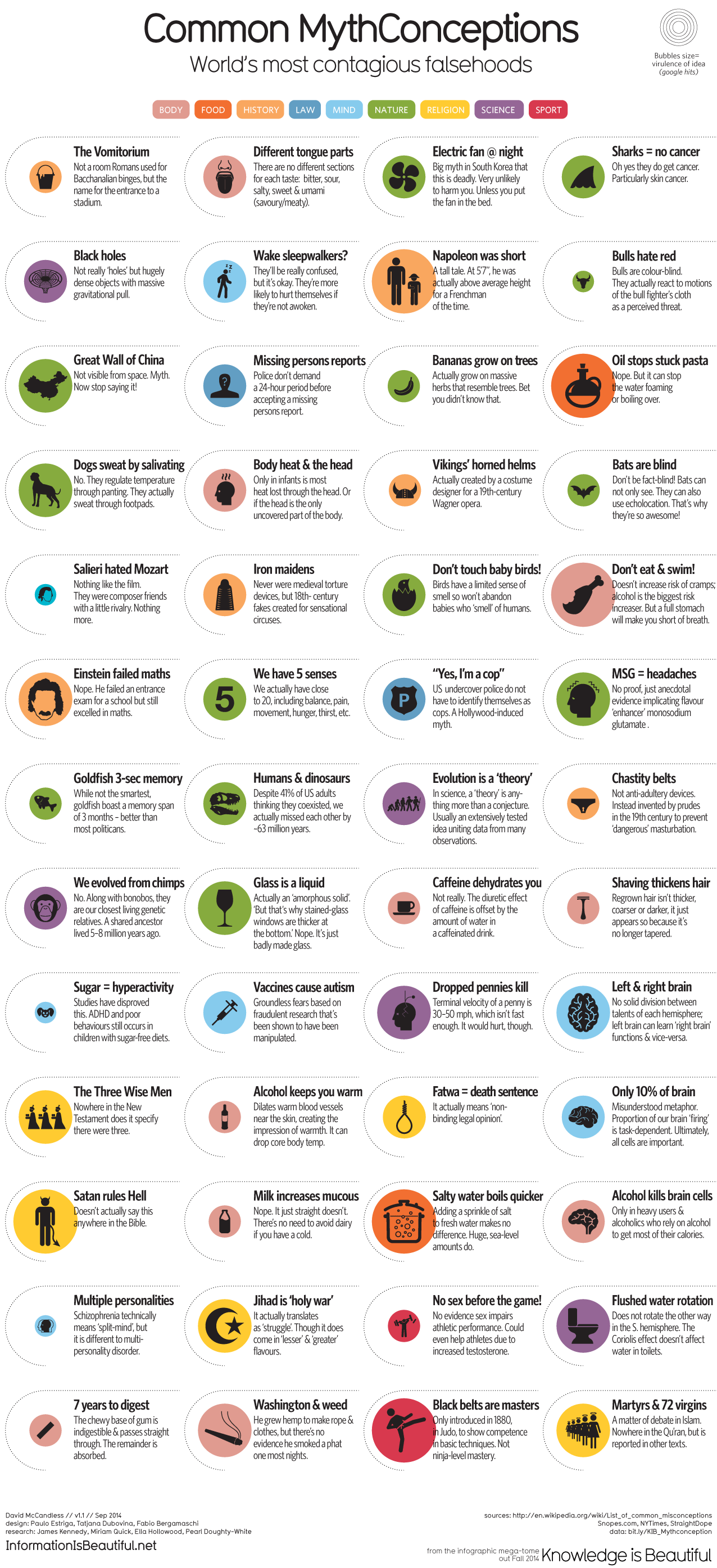Due to the nature of another book I am writing, this time of a more scientific nature, I have been discussing science more and more often with people, and have been absolutely astounded as to how many people misunderstand the scientific method and the terminology associated with it.
So here is a pop-quiz for you to see if you yourself are completely free of any misunderstanding surrounding theories, facts, laws, hypotheses, etc.
Check all that apply.
Gravity is:
- A fact.
- A theory.
- A law.
- A hypothesis.
Many of you will be saying, “I see the catch. I know the difference between a fact and a theory. Easy question.”
But that isn’t the catch.
Let’s cover the basics.
The scientific method begins with empirical observation. You observe something and then ask (postulate), “How does that work?”.
Then you make a best guess based on whatever information you can gather (a hypothesis) and test it. You observe the results and compare/contrast them with the observed phenomena. After many tests and perhaps many revisions to the hypothesis, a conclusion might be drawn and a scientific theory formed.
A scientific theory is never considered a fact within the scientific community—it simply best-explains the observed phenomena but could later be proven false.
Most likely all of you knew that, right? No one here mistakes a theory for fact, right? So the answer must be #2, right?
But I said that wasn’t the catch. The astute reader may have noticed that we haven’t discussed laws yet.
A scientific law is a statement based on repeated experimental observations that describes some aspects of the universe. A scientific law always applies under the same conditions, and implies that there is a causal relationship involving its elements.
http://en.wikipedia.org/wiki/Scientific_law
In other words, a scientific law provides a prediction of “what will happen under these circumstances”.
Generally speak, the law of gravity suggests that if you let go of a standard ball from the roof of a building, it will fall towards the earth. For the sake of brevity we are not going to explain that the building does not reach into space, nothing is attached to the ball to make it float, etc. Just keep it simple.
So is the answer #3? Or is it #2 and #3?
If you think it is either of these suggestions, you are not paying close-enough attention. Consider the implications if the answer is “#2 and #3” or “#2”. If the theory (#2) changes, does that change how we are attracted to the earth or how the moon orbits Earth?
At the very beginning of the explanation of the scientific method I mentioned very important key words: Empirical observation.
When you make an observation, the thing you are observing does exist, or the phenomena you are observing is actually happening (not delving into discussions related to trusting your senses etc.—that is for another day).
In other words, you might say that thing factually exists, or that phenomena factually occurs.
The correct answer is “#1, #2, and #3”. All theories originate from empirically observed phenomena, which by definition themselves must actually exist—a non-factual phenomena can’t be factually observed; it exists within the realm of imagination and in that case can at-best be only a theorem (if anything).
The reason people get confused is because theories and laws have the same name as their observed phenomenon. To make the distinctions clearer, I have color-coded facts, theories, and laws below.
Laws, theories, and facts are not mutually exclusive—that is the catch. Gravity is a fact that we observe. Because of its predictable behavior we also made the Law of Gravity, which doesn’t explain anything about how gravity works, but predicts that a ball dropped from a building will fall, and equations can even determine how fast it will fall. The Theory of Gravity attempts to explain how gravity works. The key point here is that theories provide explanatory purposes.
To deny that gravity is a fact is to deny that the moon orbits Earth and the earth orbits the sun.
Gravity is an observable fact, with an associated theory (gravitational theory) which tries to explain why bodies of mass attract (and indeed there have been many attempts to explain how gravity (the attraction of 2 bodies of mass, regardless of how that attraction takes place) works).
And while working on the theory, the nature of gravity is predictable enough that there is also the law of gravity, which explains what happens between 2 bodies of mass in regards to attraction.
Appendix:
Scientific Theory: http://en.wikipedia.org/wiki/Scientific_theory
“A scientific theory is a well-substantiated explanation of some aspect of the natural world that is acquired through the scientific method and repeatedly tested and confirmed through observation and experimentation.”
Scientific Method: http://en.wikipedia.org/wiki/Scientific_method
“The scientific method is a body of techniques for investigating phenomena, acquiring new knowledge, or correcting and integrating previous knowledge. To be termed scientific, a method of inquiry must be based on empirical and measurable evidence subject to specific principles of reasoning.”
- Evidence must factually exist or factually occur to be empirically observed or measured.
Scientific Law: http://en.wikipedia.org/wiki/Scientific_law
“A scientific law is a statement based on repeated experimental observations that describes some aspects of the universe. A scientific law always applies under the same conditions, and implies that there is a causal relationship involving its elements.”
I hope this has been useful. Surprisingly many people are confused by the fact that events/phenomena, theories, and laws all have the same name, and it makes it hard to make the distinction between them. If you say gravity is a fact, you will likely get a reply along the lines of, “No, it’s just a theory,” followed by an explanation of the differences between facts and scientific theories and how a theory is never considered a fact.
This is true, but the person replying has misunderstood the founding principles of the scientific method—all theories begin as factually observed phenomenon. In other words, you could say, all theories are facts before they are theories—scientific theories can’t exist unless there is something already there to explain.
Now you can explain to anyone the real difference between facts and theories.
L. Spiro














